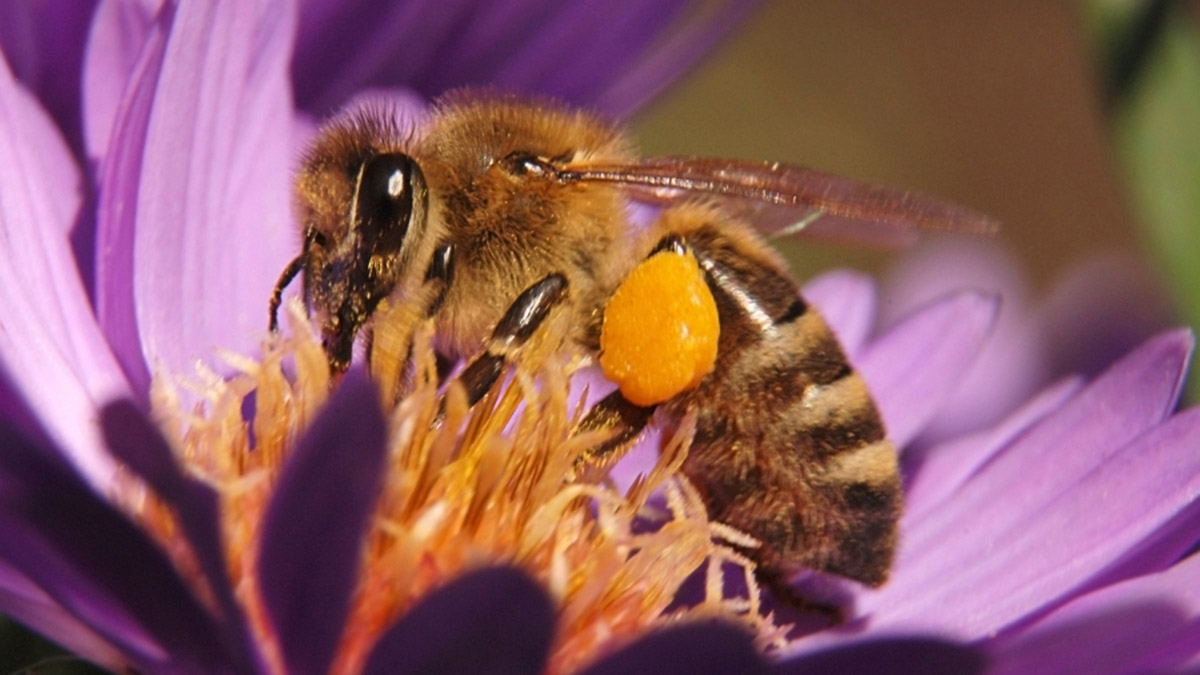Encountering wasps can be stressful, especially during outdoor gatherings. Knowing how to repel wasps naturally can transform your backyard experience, allowing for a more pleasant time without fear of these pests. In this article, we will delve into effective natural methods to keep wasps at bay.
Wasps can become a significant nuisance as they are attracted to sweet foods and drinks. By understanding their behavior and using natural repellents, you can create an environment that discourages their presence. Lets explore some proven strategies and remedies to keep these stinging insects at a distance.

Understanding Wasp Behavior
Before diving into solutions, it's crucial to grasp why wasps come around. Wasps are social insects, and they typically build nests in sheltered areas. They are most active during late summer and early fall when food sources are scarce. Knowing this, we can use natural deterrents to make our outdoor spaces less appealing to them.

Natural Repellents and Their Effectiveness
Several natural ingredients can deter wasps without chemicals. Here are some effective remedies to consider:
Essential Oils
Essential oils are potent natural repellents. Certain oils have properties that make them unappealing to wasps, including:
- Peppermint Oil: The strong scent of peppermint can repel wasps. Mix a few drops with water in a spray bottle and apply it around areas where wasps frequent.
- Clove Oil: Wasps dislike the aroma of clove oil, making it an excellent natural repellent. Similar to peppermint oil, dilute it with water and spray it in targeted areas.
- Citronella Oil: Known for its ability to repel mosquitoes, citronella works similarly on wasps. Use it in candles or as a spray to create a barrier that wasps avoid.
Homemade Wasp Traps
Creating traps can be a successful way to reduce the wasp population around your home:
- Sugar Water Trap: Mix sugar and water in a container. Wasps are attracted to the sweetness and will get trapped inside.
- Vinegar and Water Trap: Combine vinegar and water in a bottle. The smell of vinegar lures wasps in, where they cant escape.
Plants That Repel Wasps
Some plants are natural repellents. Incorporating them into your garden can help keep wasps at bay:
- Eucalyptus: The scent of eucalyptus is a natural repellent for wasps and various pests.
- Mint: Planting mint not only makes your garden smell fresh but also deters wasps.
- Wormwood: Known for its strong scent, wormwood can act as a barrier against wasps.

Preventing Wasp Nests
The best strategy for dealing with wasps is prevention. By taking a few simple steps, you can avoid attracting them to your space:
- Seal Trash Bins: Always keep trash bins tightly covered to avoid attracting wasps.
- Remove Food Sources: Clean up any leftover food and sugary drinks during outdoor gatherings.
- Regularly Inspect Your Property: Check for nests early in the spring when they are still small and easy to manage.
Using Decoy Nests
Wasps are territorial. Hanging decoy nests can effectively deter new wasps from entering your space. Purchase or create an artificial nest and hang it in areas close to the real nest, tricking the wasps into thinking their territory is claimed.

Safety Precautions
While using natural remedies can be successful, it is essential to stay safe. Be cautious when using any sprays or traps, as they may attract wasps before repelling them. Always wear protective clothing when dealing with nests, and consider contacting a professional if the problem escalates.
Conclusion
Knowing how to repel wasps naturally not only enhances your outdoor experience but also keeps you and your loved ones safe from potential stings. By implementing these natural strategies, you can enjoy your outdoor space free from the worry of buzzing intruders.
For more pest control tips, check out related articles on tick repellent and fly repellent.
For further reading on natural repellents, refer to this article from Healthline.
FAQs
1. Can I use essential oils directly on my skin to repel wasps?
It is advisable to mix essential oils with a carrier oil before applying them to your skin, as some oils can be irritating in concentrated form.
2. Are homemade traps effective?
Yes, homemade traps can be effective in trapping wasps if placed correctly and if a sweet attractant is used.
3. What time of year should I start preventing wasps?
The best time to start prevention is in early spring when wasps are beginning to establish their nests.
As an Amazon Associate, I earn from qualifying purchases.
